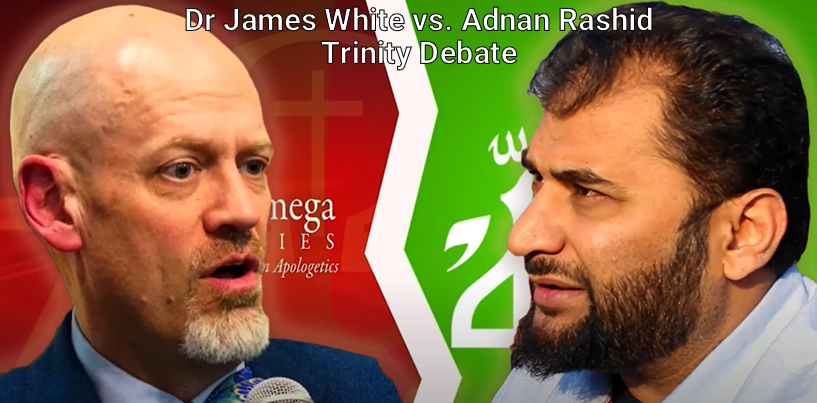Reflections on the Baptist Confession of Faith of 1689. 23 Aug 14 began a perhaps unbroken, orderly, and personal journey through my favorite written confession of faith. This will be my personal reflections on this beloved written codification of the Christian faith according to a Baptist flavor.
NEXT-
CHAPTER 1
OF THE HOLY SCRIPTURES
Paragraph 8b: “But because these original tongues are not known to all the people of God, who have a right unto, and interest in the Scriptures, and are commanded in the fear of God to read and search them, therefore they are to be translated into the vulgar language of every nation unto which they come, that the Word of God dwelling plentifully in all, they may worship him in an acceptable manner, and through patience and comfort of the Scriptures may have hope.”
There are men and women who worked to translate the Bible into the native languages of various people groups their whole life. People were being saved long before a codified Bible was complete, however, a strong verbal communication of the gospel, especially post the apostolic age, gets its strength from a strong knowledge of our written faith, Jude 1:3; 2 Thessalonians 2:15. We need a written Bible to preserve the faith. Those who brought it to us therefore are key to its preservation. I think first about people like William Tyndale, David Brainerd, Rachel Saint or Adoniram Judson. Their work was absolutely of the most important in history. “How then shall they call on Him in whom they have not believed? And how shall they believe in Him of whom they have not heard?” Romans 10:14. They helped us all to call on God. There are still some 1,300 languages that do not have the Bible in their dialect. While I’m not sure that the Bible’s human authors were aware of just how far reaching their letters would be to the world, I am certain that it was always the design of God to make them so. In Islam it’s well known that you can only really know the message of Mohammed if you’re reading it in Arabic; the New Testament, however, is not so. While it is revealing to learn its original Greek and Hebrew languages as far as possible, and while academically it’s certain that the church is forever strengthened to further understanding by a knowledge of the Bible’s original languages, a knowledge of them is not necessary to a sure understanding of the message of Jesus and the Apostles.
We are indeed commanded to study the Scriptures. We must have an accessible book with which to do this. They write of worship in an, “Acceptable manner.” God is specific in His instructions on how we can approach Him. I consider this communicated specificity to be one of the main reasons we have books Like Leviticus or Numbers in the Bible. God showed us that we don’t just approach Him willy-nilly, but acceptably at all times. It’s no different today. While the word “vulgar” may sound condescending or pejorative to us today it just means “common” here. The Bible is to be translated into the common languages of any people group to whom the message has been sent.
Latin, like the more stylized Greek used before the Koine Greek of the New Testament is considered a regal, formal or educated language. It was the language of the scholarly. This too then would distinguish it from a “vulgar” tongue.
The impact of this paragraph is hard to recognize today in the twenty-first century. Catholicism officially began in the late sixth century under its first Roman-based Pontiff, Gregory. A fellow named Jerome had translated the Bible into Latin in the late fourth century. This was the translation of that church, and still is for most today. Romanism was notorious for not translating its Bible from Latin for centuries. The Protestant Reformation was in full swing by 1522. Like many before him, Martin Luther was adamant about getting the Bible into as many hands as possible, in as many languages as possible. There was a cost to this, but it was and is more than worth it. Luther was a main influence on the world with his translation of the Bible into German alone. For a great many years the idea of a Bible in every home was not only unheard of, but to some it was considered downright dangerous. Remember also that the printing press was just updated and used in Europe around 1450. This confession was written in A.D. 1689. Here some 167 years after the spread of Reformation Theology this idea of the necessity of usable translations in everyone’s language was still deemed valuable to affirm. You won’t see statements like this in most modern confessions of faith. This part of the confession would’ve no doubt had far more impact upon its first readers.
Do you hope in Christ? If so, you only do so because the message of the cross came to you, and you believed. We only do this because of the word being delivered to us in our language.








I found this website called that might fit what you’re looking for Sex 11
I found this website called that might fit what you’re looking for Sex 11